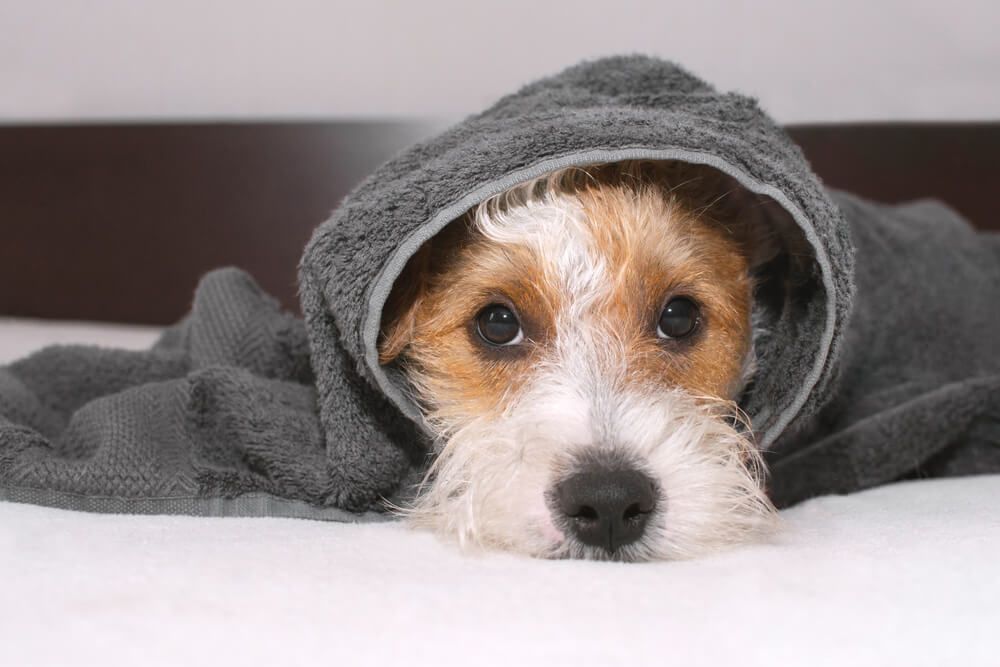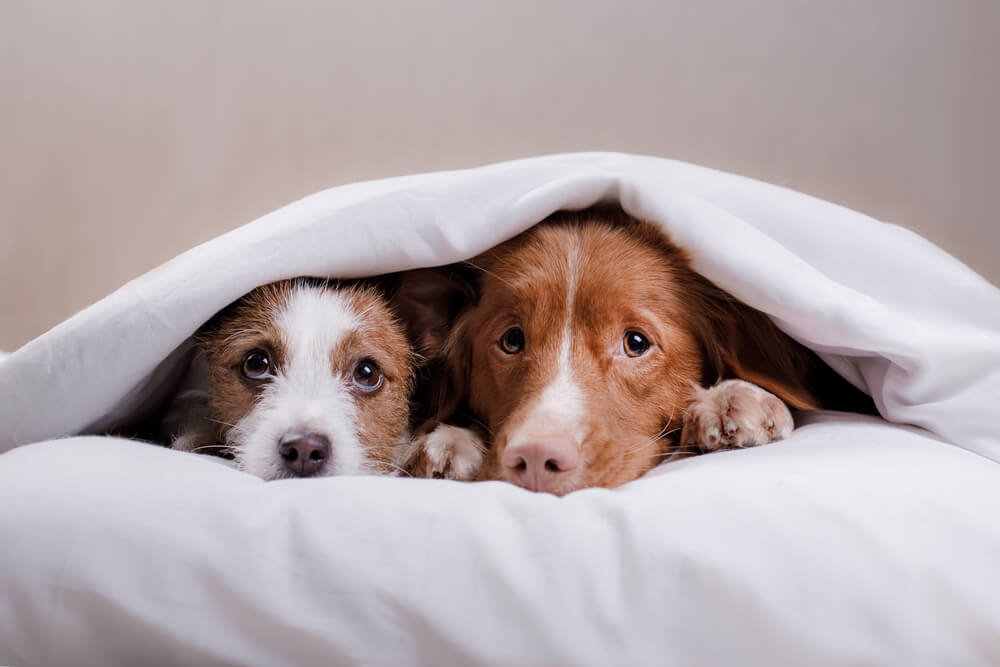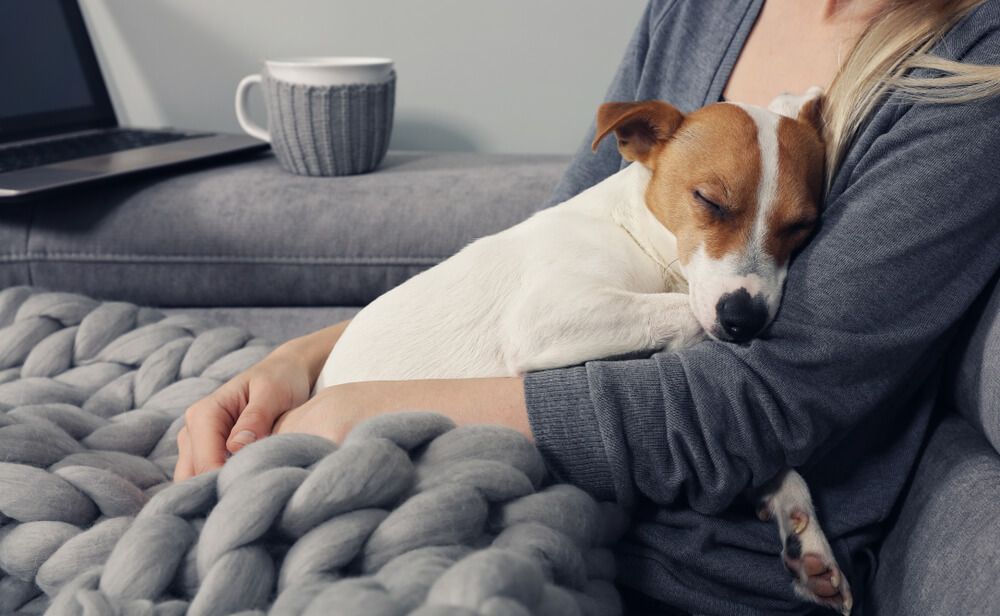Unexpected, loud and scary, fireworks make many dogs afraid and anxious. But if we can identify and understand why our dogs are scared, we can better help to calm and reassure them.
Why Are Dogs Scared Of Fireworks?
Do you like watching fireworks? Bright, exciting and fun, for humans fireworks are a sign of celebration. But for your dog, fireworks can be very challenging and scary.
There are many reasons why fireworks are so scary for dogs. For example, because they have such sensitive hearing, even when indoors, sounds will seem louder to them and more confusing than to you. Unfortunately, our dogs can’t speak to us to tell us how they’re feeling. But understanding why your pooch reacts the way they do is the first step to reassuring and calming them.
1. Fireworks are an unexpected surprise
How many times has a loud firework made you jump? Even for humans, the noise created by fireworks can be sudden and unexpected - even when you know it’s coming. But, for your dog, who doesn’t know what’s happening, the surprise can be much worse. Fireworks can seem to come out of nowhere and every bang will be a shock, making your dog feel out of control, out of routine and threatened. For most dogs, their instinct will be to run, hide and avoid what feels like danger. So if your dog always seems to disappear behind the furniture when faced with loud noises, they may be frightened. Hopefully, once the noise has stopped and your dog feels that the danger is over, they should return to their usual behaviour.
2. Fireworks are scary!
If your dog is particularly sound sensitive or fearful of loud noises, their reaction to fireworks can be more extreme. Sometimes, for badly affected dogs, the noise can trigger a much bigger behavioural and psychological response.
This can look similar to an anxiety attack, so watch out for signs that your dog may be afraid, such as:
- Pacing, panting, shaking or trembling
- Clinging to you or staying nearby for reassurance
- Lots of whining or barking
- Pinned back ears, cowering and hiding behind or under the furniture
- Trying to run away or escape
- Soiling in the house despite being housebroken
- Loss of appetite and refusal to eat
Though nobody likes to see their dog feeling this way, it’s important to be able to recognise when they’re having a tough time so you can help.
3. Fireworks noises can create a phobia
If your dog is sensitive to fireworks and very afraid of loud noises, over time, they may associate other events and occurrences with their fear. For example, if your dog has had a bad experience, or regularly struggles with loud noises, this can develop into a stronger noise-related phobia. Because of this, it’s important to understand how to calm your dog and limit their fear response from an early age to prevent noises developing into a phobia. Ideally, prevention should begin when your dog is a puppy, during their socialising training, to ensure that they can cope with any loud or surprising noises they encounter when they are older.
Comforting Your Dog
Unfortunately for frightened dogs, fireworks are a regular occurrence on the calendar. But there are ways to comfort your dog to prevent fireworks from being terrifying.For example, creating a comfortable doggy safe space, and distracting your dog with toys and food are good ways to limit fireworks anxiety. It also helps to create some background noise and keep doors and windows shut to mask outside sounds.
These tips can help to calm your dog. However, you should also use an ADAPTIL Calm Home Diffuser for at least one month prior to the event. This will help to calm and reassure your dog by releasing “comforting messages”, creating a safe and secure feeling environment.
Of course, if the above tips do not work and your dog shows severe anxiety, always consult your veterinarian for further help and advice.


